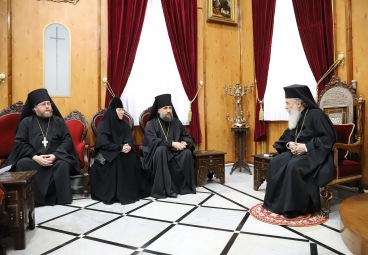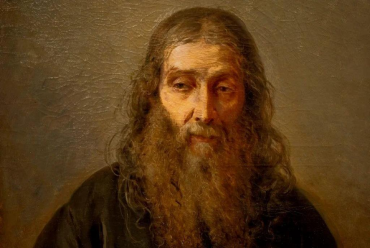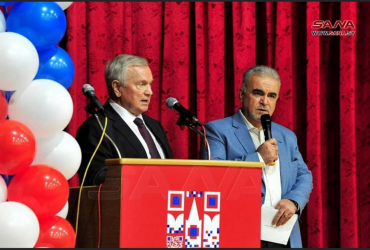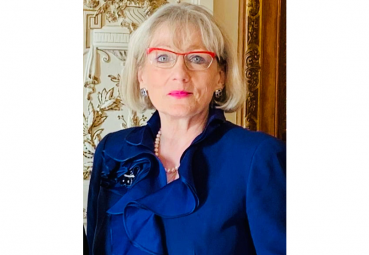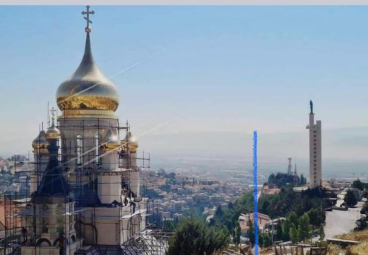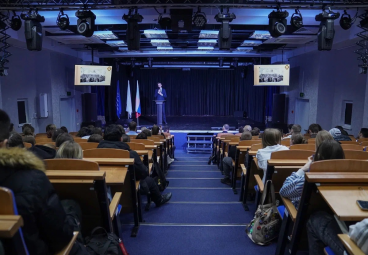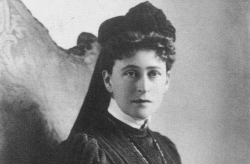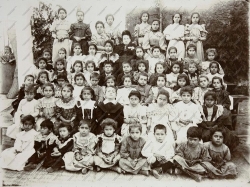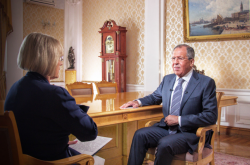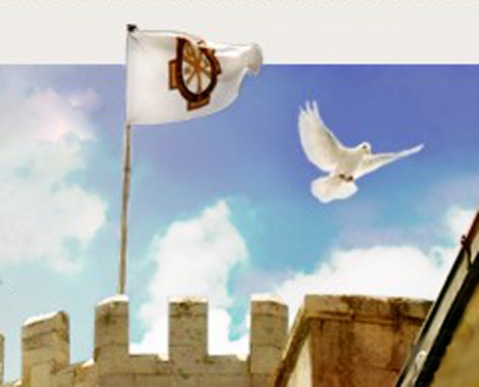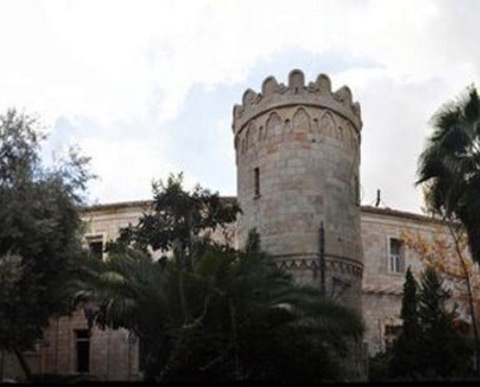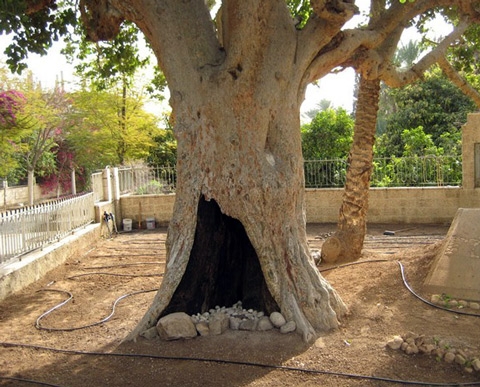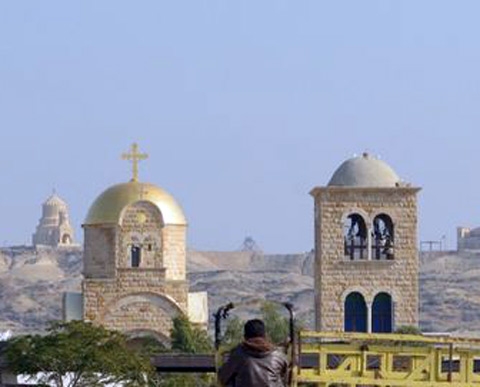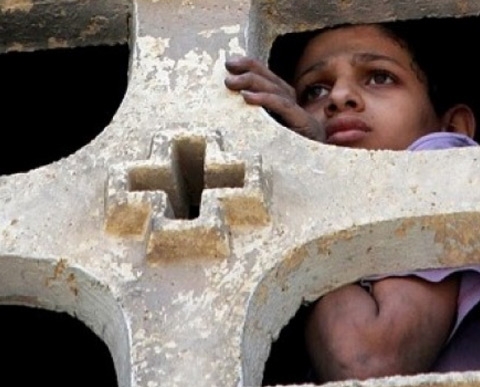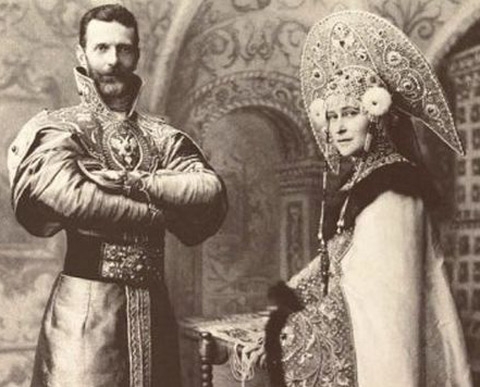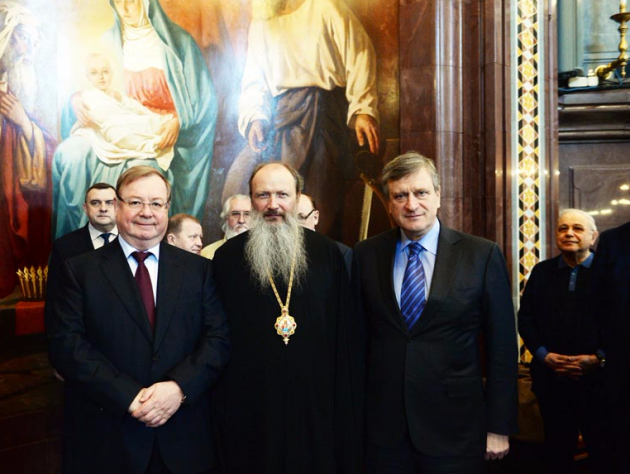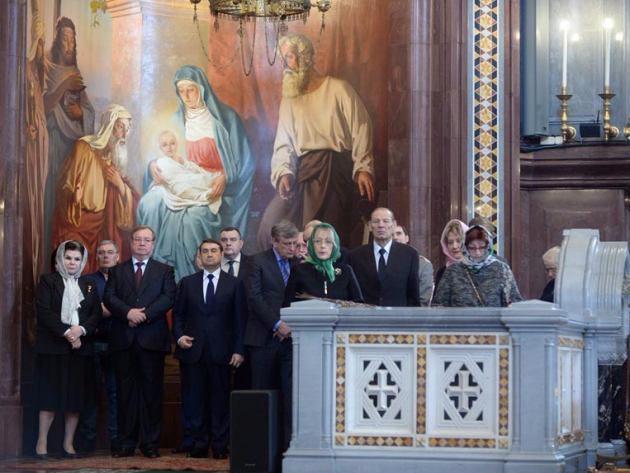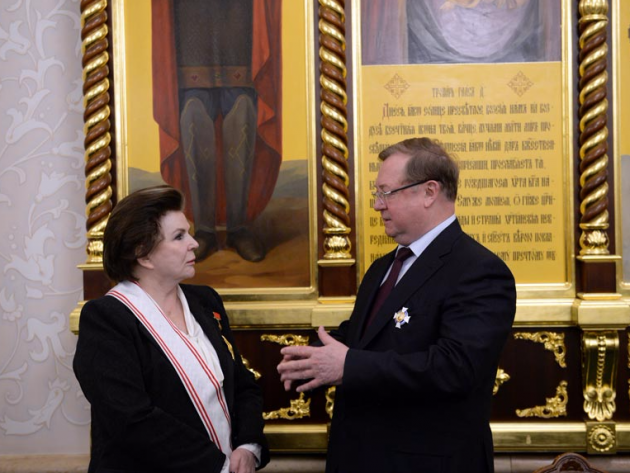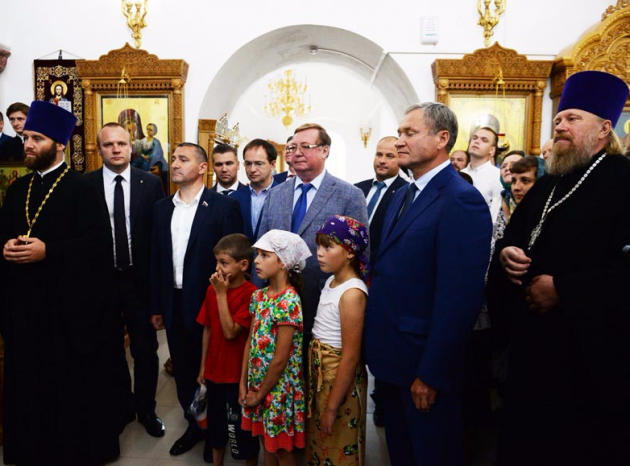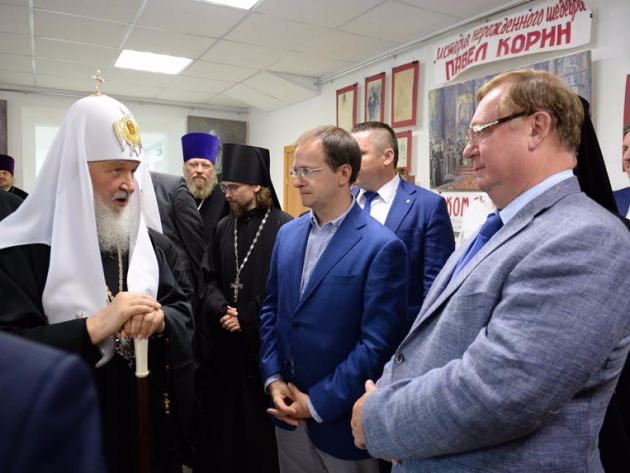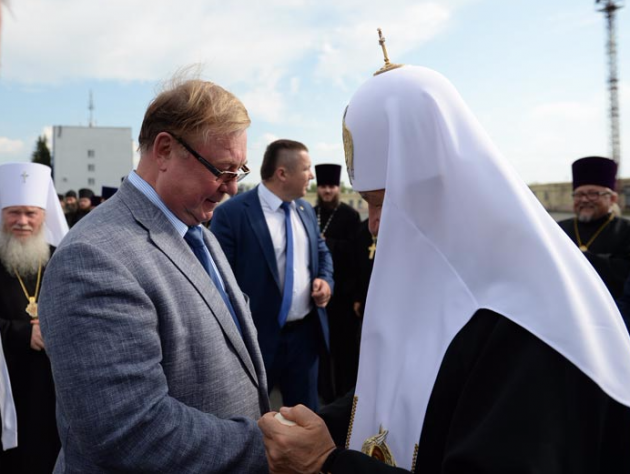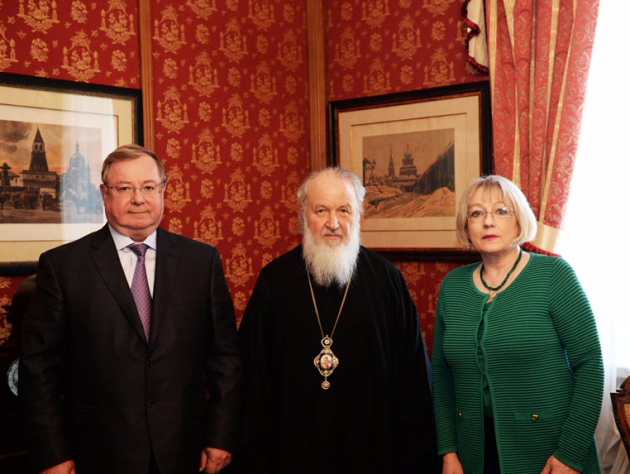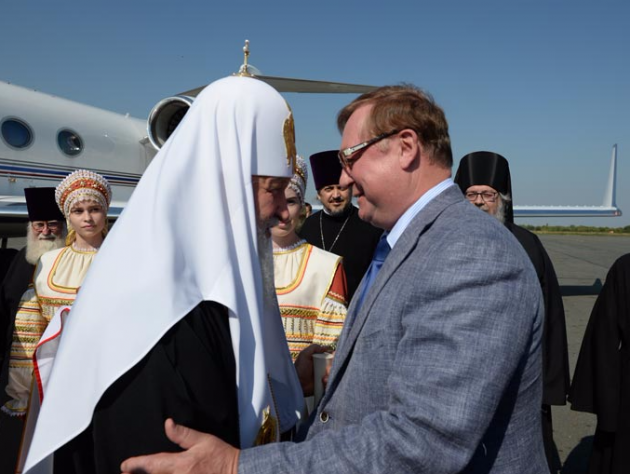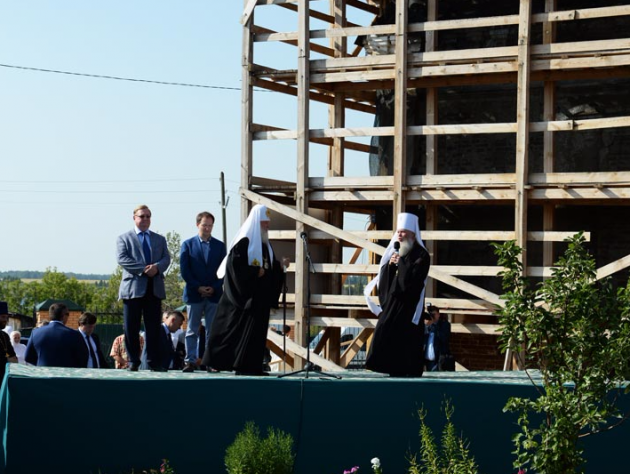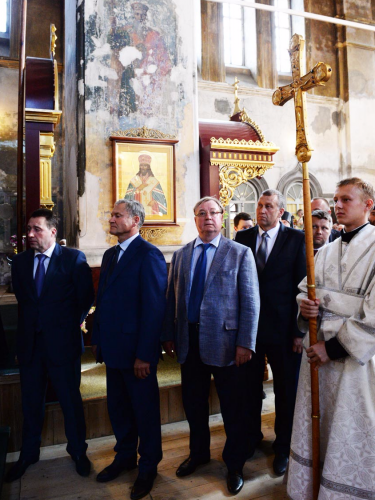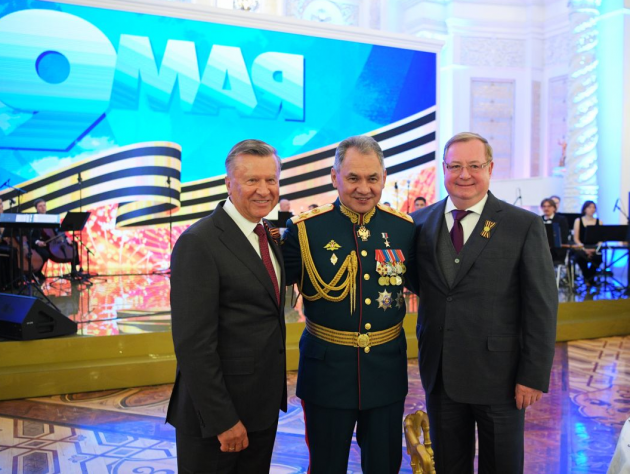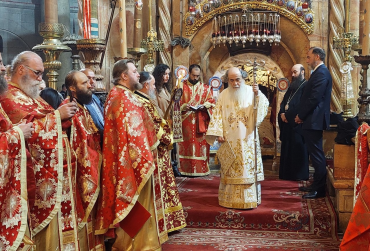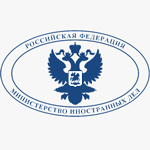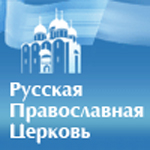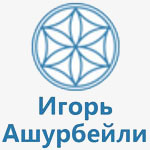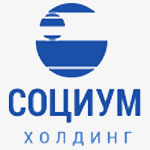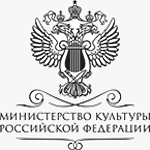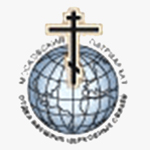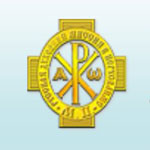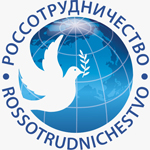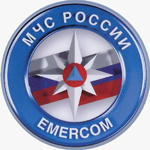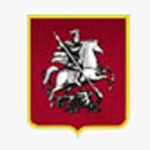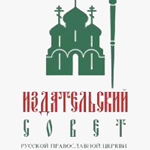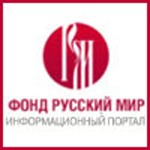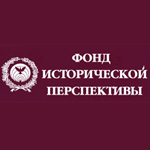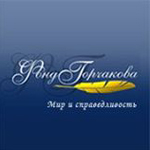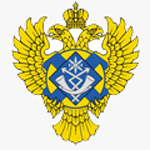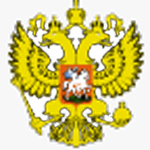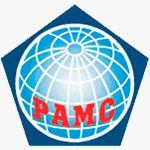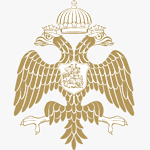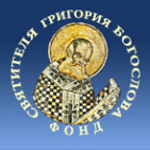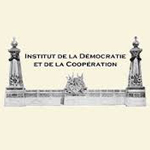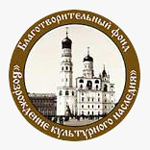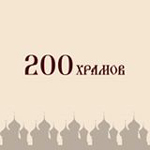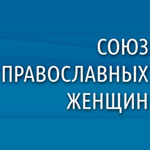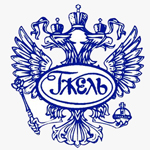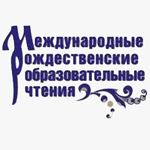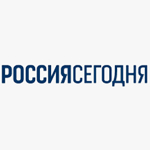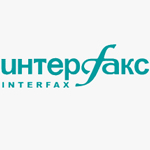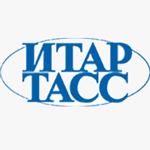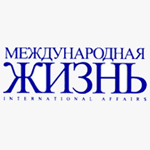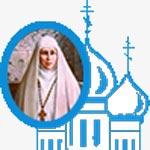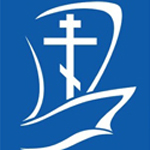Родился 2 марта 1952 года.
Served as Prime Minister of Russia in 1999 (May through August).
The second and last Director of the Federal Counterintelligence Service (1994-1995). First Director of the Federal Security Service (1995). Minister of Justice of the Russian Federation (1997-1998). First Deputy Prime Minister – Minister of the Interior of the Russian Federation (1998-1999). Chairman of the Accounts Chamber of Russia (2000-2013).
Chairman of the Association of Lawyers of Russia. Since 2007, Stepashin is the Chairman of the Imperial Orthodox Palestine Society. Since 2014, Chairman of Supervisory Board of the state-owned corporation Support Fund for the Reform of the Housing and Utilities Sector. Since 2017, he is a board member of the Non-profit Partnership Institute of Internal Auditors in Russia.
Since 2001, President of the Russian Book Union. Member of the board of directors of the Russian Railways.
Career
As a Russian public officer, Sergey Stepashin has a unique service record. In post-Soviet Russia, there is no other politician to have held so many of the highest offices in the country’s ministries and agencies.
In 1973, he graduated from the USSR Ministry of the Interior Political Academy.
In 1973-1981, he did his service in the Internal Troops of the Ministry of the Interior. In 1981-1990, he taught at the Ministry of the Interior Political Academy named after the 60th anniversary of the All-Union Leninist Young Communist League. He defended his dissertation for Ph.D. of Historical Sciences on "Party leadership of fire-fighting organizations in Leningrad during the Great Patriotic War". In 1987, he was appointed deputy head of the Department of History of the Communist Party of the USSR.
In 1987-1990, he has been repeatedly taking on the task of enforcement of law in such crisis spots as Baku, Ferghana, Sumgait, Nagorny Karabakh, Sukhumi.
In 1990, he was elected the people's deputy of the Russian Soviet Federative Socialist Republic (RSFSR).
In 1991-1992, Deputy Director General – Head of Department of the Federal Security Agency of the Russian Soviet Federative Socialist Republic for Saint Petersburg and the Leningrad Region.
In August 1991, Sergey Stepashin made a stand against the actions of the State Committee for the State of Emergency (GKChP) and supported the president-to-be Boris Yeltsin. Starting from August 26, 1991, he was in charge of the State Commission on Investigation into the Activities of the Committee for State Security and the State Committee for the State of Emergency set up at the instruction of Mikhail Gorbachev and Boris Yeltsin.
In 1991-1993 – Head of the defense and security committee of the Supreme Soviet of the Russian Soviet Federative Socialist Republic (RSFSR).
In 1991-1992 – Deputy Minister for Security – Head of the Department of the Russian Ministry of Security for Saint Petersburg and Leningrad Region.
During the political infighting between the Supreme Soviet and President Boris Yeltsin in September-October 1993, Stepashin came down on the side of the latter. On September 22, 1993, he resigned his post as Chairman of the Defense and Security Committee of the Supreme Soviet of the RSFSR. For three months starting from September 24, 1993, he acted as the First Deputy Minister for Security of the Russian Federation.
Member of the Security Council of the Russian Federation in 1994—1995, 1997—1998. In 1999 – permanent member of the Security Council of the Russian Federation. 1996-1998 – member of the Defense Council of the Russian Federation.
From December 21, 1993 through to March 3, 1994, Stepashin was the First Deputy Director, and from March 3, 1994 through to June 30, 1995, Director of the Federal Counter-Intelligence Service of Russia, which later became the Federal Security Service of Russia. He was one of the commanders in charge of disarmament of illegal military groups in Chechnya during the First Chechen War.
In June 1995, after the terrorist attack in Budennovsk, Stavropol Territory, when terrorists led by the Chechen warlord Shamil Basayev occupied a hospital, Stepashin, director of the Federal Security Service at that time, decided to resign following a failed hostage rescue operation.
On November 9, 1995, he became head of the administrative department of the Executive Office of the Government of the Russian Federation, was in charge of security, defense and law enforcement agencies. At the same time, he was in office as the executive secretary of the State Committee of the Russian Federation for the crisis management in the Chechen Republic.
From July 1997 through to March 1998, he was the Minister of Justice of the Russian Federation.
In 1998, Stepashin was appointed Minister of the Interior of Russia in the Cabinet of Sergey Kiriyenko.
Starting from September 11, 1998, he continued his work in the Cabinet of Yevgeny Primakov. From April 27 through to May 19, 1999, he was in office as the First Deputy Prime Minister of Russia – Minister of the Interior of Russia. Since May 19, 1999, as the Prime Minister of the Government of the Russian Federation.
After resigning from the post of Prime Minister, which came as a surprise to many, Stepashin had a meeting with Boris Yeltsin and the new Prime Minister Vladimir Putin, where he was offered the post of Secretary of the Security Council. However, he did not accept this proposal.
Later on, he was one of the people whom Boris Yeltsin considered for his successor in the presidential capacity. One of the halls in the Yeltsin Center displays their portraits: Vladimir Putin, Boris Fedorov, Boris Nemtsov and Sergey Stepashin.
The Cabinet formed by Sergey Stepashin remained unchanged under the next Prime Minister, Vladimir Putin, and largely under Mikhail Kasyanov.
On February 23, 2000, he was elected Chairman of the Permanent Anti-Corruption Committee of the State Duma. His State Duma Deputy's mandate was prematurely terminated on April 26, 2000 in view of his appointment to the post of Chairman of the Accounts Chamber of the Russian Federation.
From April 19, 2000 through to September 20, 2013, Chairman of the Accounts Chamber of the Russian Federation – the country's supreme supervisory agency. He describes his work as follows: "We have created a new chamber, in fact, the most European of all the European ones." Analysis of the processes of privatization of Russia's state-owned assets in 1993-2003 carried out by the Accounts Chamber of the Russian Federation under the supervision of Sergey Stepashin sparked a massive public outcry. The report, published in 2004, contained data on gross violations of the economic interests of the state in the course of such privatization.
Public life
President of the Russian Book Union (since 2001).
Chairman of the Association of Lawyers of Russia (since December 3, 2021; before that he was a Co-Chairman of the Association of Lawyers of Russia).
President of the European Organization of Supreme Audit Institutions (2002—2005).
Chairman of the Imperial Orthodox Palestine Society since 2007.
Member of the Executive Committee of the Football Union of Russia.
Board Member of Football Club Dynamo Moscow.
President of the Board of Guardians of the Moscow Et Cetera Theater.
Member of the Editorial Board of Legal Issues, Russian National Academic Periodical.
Since April 2006 – Member, and since May 2008 – President of the Editorial Board of the Union State newsmagazine.
President of the European Organization of Supreme Audit Institutions (2002-2005).
Chairman of the Association of Russian Agencies of Control and Accounts.
Member of the board of directors of the Russian Railways.
Board of directors of SoyuzNefteGaz International Group of Companies.
Panel Member of the Ministry of Culture of the Russian Federation.
Member of the Public Council of Rossotrudnichestvo (Federal Agency for CIS Affairs, Compatriots Living Abroad and International Humanitarian Cooperation).
President of the Board of Guardians of the Interfaith Council of Russia.
President of the Organizing Committee of the Festival “Russia – Greece. Together through the ages”.
Honors of the Russian Federation and USSR
-
Order of Merit for the Fatherland:
- 1st class (February 21, 2022)
- 2nd class (March 2, 2007) - for outstanding contribution to the strengthening and development of state financial control, and many years of honest work
- 3rd class (March 2, 2002) - for great contribution to strengthening Russian statehood and many years of conscientious service
- 4th class (February 28, 2012) – for services to the country and efficient public service
-
Order of Alexander Nevsky (September 1, 2014)
-
Order of Courage (December 28, 1998) – for great personal contribution to strengthening of the rule of law and order, for the displayed courage and selflessness
-
Medal "For Distinguished Service to the Public Order"
-
Medal "For Distinction in Military Service", 1st and 2nd classes
-
Medal “300 Years of the Russian Fleet”;
-
Medal “In Memory of the 850th Anniversary of Moscow” (1997);
-
Medal “In Memory of the 300th Anniversary of Saint Petersburg (2003);
-
Medal “In Memory of the 1000th Anniversary of Kazan” (2005);
-
Medal “50 Years of the Armed Forces of the USSR”;
-
Medal “60 Years of the Armed Forces of the USSR”;
-
Medal “70 Years of the Armed Forces of the USSR”;
-
Stolypin Medal, 1st class (March 2, 2017) – for many years of efficient civil service;
-
Stolypin Medal, 2nd class (March 13, 2012) – for great contribution to addressing strategic challenges of the country’s social and economic development and many years of impeccable civil service;
-
Medal for Impeccable Service, 1st, 2nd and 3rd class;
-
Medal for contribution to strengthening of the rule of law and order;
-
Medal “For Strengthening Military Cooperation” (Ministry of Defense of Russia);
-
Medal “200 Years of the Ministry of Defense”;
-
Medal “200 Years of the Ministry of Internal Affairs of Russia”;
-
Medal “In Memory of the 200th Anniversary of the Ministry of Justice of the Russian Federation”;
-
Medal for Devotion to Duty (State Fiscal Service);
-
Commendation by the President of the Russian Federation (June 14, 1997) – for devoted participation in the run-up to and during the charity event for children of soldiers killed in armed conflicts and emergency situations;
-
Commendation by the President of the Russian Federation (August 14, 1995) – for devoted participation in the run-up to and during the Commemoration of the 50th Anniversary of Victory in the Great Patriotic War of 1941-1945;
-
Diploma of the Government of the Russian Federation (October 2, 2006) – for great personal contribution to the development and strengthening of the state financial control, improved efficiency of use of the federal budget funds;
-
Badge of Honor of the State Duma of the Federal Assembly of the Russian Federation for contribution to development of the parliamentary government system (2006);
-
Order of the Commonwealth (Inter-Parliamentary Assembly of the Commonwealth of Independent States).
Honors of foreign countries
-
Order of Diplomatic Service Merit, 1st class (Republic of Korea, 2004);
-
Order of Merit, 2nd class (Ukraine, March 2, 2012) – for great personal contribution to the development of state-to-state relations between Ukraine and Russia;
-
Order of Honor (Armenia, February 25, 2017) – for enhanced federal cooperation between the Republic of Armenia and the Russian Federation, and for great contribution to the strengthening and development of friendly relations between Armenia and Russia;
-
Commander of the Legion of Honour (France);
-
1st class Commander of the Order of the Polar Star (Sweden);
-
Order of the Star of Jerusalem (Palestinian National Authority, 2014).
Religious Honors
-
Order of Glory and Honor, 1st class (Russian Orthodox Church, 2012) – in consideration of work for the good of the Russian Orthodox Church and in recognition of the 60th anniversary;
-
Order of St. Seraphim of Sarov, 1st class (Russian Orthodox Church, 2009) – in consideration of his commitment to the restoration of Volsk cathedral;
-
Order of St. Seraphim of Sarov, 2nd class (Russian Orthodox Church, 2006) – for his contribution to the restoration of Holy Transfiguration Monastery in Murom;
-
Order of the Faithful Saint Prince Daniel of Moscow, 3rd class (Russian Orthodox Church, March 2, 2017);
-
Jubilee Medal “In memory of the 1000th Anniversary of Repose of the Great Prince Vladimir, Equal of the Apostles” (Russian Orthodox Church, 2017).
Public and regional honors and awards
-
Imperial Order of Saint Anna, 1st class (Russian Imperial House, June 4, 2012) – for great contribution to consolidation of the Russian statehood, in consideration of work for the good of the Russian Orthodox Church, in commemoration of the 130th anniversary of the Imperial Orthodox Palestine Society;
-
Order of Saint Nicholas the Wonderworker, 1st class (Russian Imperial House, July 15, 2002);
-
Medal for Selfless Service (Social Movement “Orthodox Russia”, May 25, 2004);
-
Order of Ivan Kalita (Moscow Region, August 31, 2012) – for many years of efficient service, high standards of professionalism, and great contribution to the development of the Moscow Region;
-
Order of Kadyrov (Chechnya, May 24, 2007) – in recognition of protection of national interests related to the development of statehood, great contribution to the social and economic recovery of the Chechen Republic;
-
Order of Merit (Ingushetia, January 15, 2010) – for services to the people of the Republic of Ingushetia in the strengthening of the state financial control and many years of dedicated work;
-
Order of Saint Nina, Equal of the Apostles, the Illuminator of Georgia, 4th class (Dzalisa Society of Russian-Georgian Общество Friendship, 2017).
Titles of honor
-
Doctor Honoris Causa of the Diplomatic Academy of the Russian Foreign Ministry (October 25, 2011);
-
Honorary Citizen of the National Palestinian Autonomous Territories (January 2012) – for great contribution to the development and strengthening of relations between Russia and Palestine;
-
Ludwig Nobel Prize Winner (2016) – for Excellence in professional sphere
-
Honorary Citizen of Murom (2006);
-
Honorary Citizen of the Volgograd Region;
-
National prize winner – Best Books and Publishers of 2013 (2014; for development of book publishing);
-
Winner of the national law prize named in honor of Gavriil Derzhavin (March 25, 2016) – for great contribution to improvement of law and legal awareness in Russia, education in the law for the citizens and enforcement of their constitutional rights;
-
Doctor Honoris Causa of the Kazan University (April 26, 2017);
-
Doctor Honoris Causa of the Russian State Social University (January 2006);
-
Professor emeritus of the Kutafin Moscow State Law University (MSAL) (June 28, 2021).
Military ranks and titles
-
Colonel general (three-star general rank in the Russian Army; U.S. Army equivalent: Lieutenant General) (1998);
-
Russian State Councillor in Justice (1997).
Academic degrees and titles
-
Ph.D. of Historical Sciences (1986);
-
Dr. habil. of Juridical Sciences (1995);
-
Full Professor.
.jpg) На Общем собрании ИППО 14 июня 2007 года Председателем единогласно избран Степашин Сергей Вадимович, в тот период Председатель Счетной палаты Российской Федерации.
На Общем собрании ИППО 14 июня 2007 года Председателем единогласно избран Степашин Сергей Вадимович, в тот период Председатель Счетной палаты Российской Федерации..jpg)

































